Publications
Articles, publications, books, tools and multimedia features from the U.S. Institute of Peace provide the latest news, analysis, research findings, practitioner guides and reports, all related to the conflict zones and issues that are at the center of the Institute’s work to prevent and reduce violent conflict.
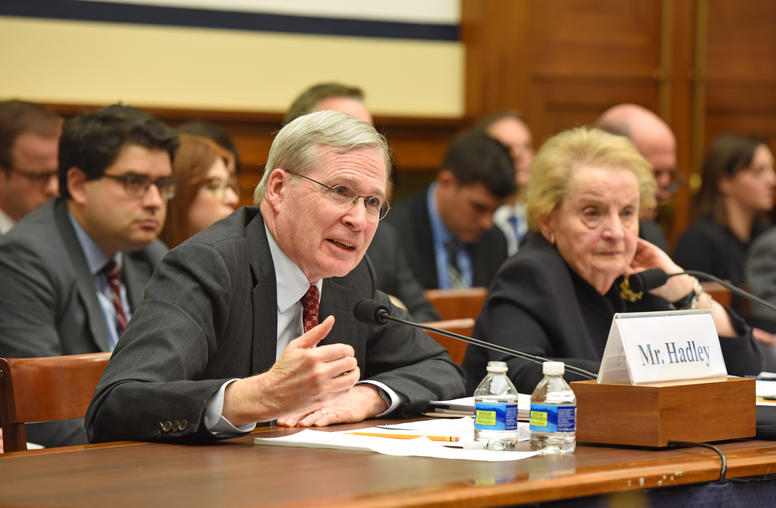
America’s Role in the World
In our testimony, we would like to offer our perspective on the current challenges to the international system, share some insights relevant to this topic from our Middle East Strategy Task Force, and suggest some ways in which Congress might be able to help forge a new bipartisan consensus on American foreign policy.
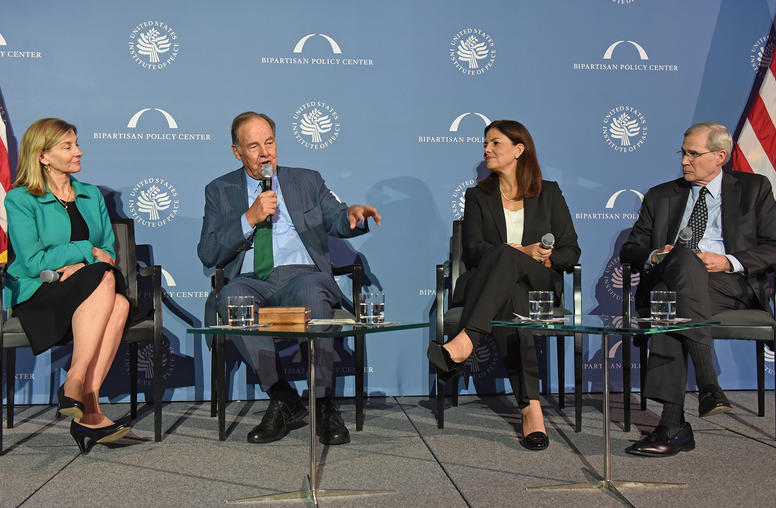
Terrorism has “Changed Dramatically” Since 9/11, Experts say Bipartisan Solutions Needed
Despite counterterrorism efforts that have “thwarted dozens of plots and thoroughly disrupted terrorist capabilities,” we “cannot rest” in our efforts to prevent violent extremism, said Director of National Intelligence Daniel Coats Tuesday night at an event at the U.S. Institute of Peace. The event, co-hosted by USIP and the Bipartisan Policy Center on the 17th anniversary of 9/11, recognized 9/11 Commission chairs Gov. Thomas Kean and Rep. Lee Hamilton for their work leading the Commission and for continuing this work through the Task Force on Extremism in Fragile States.
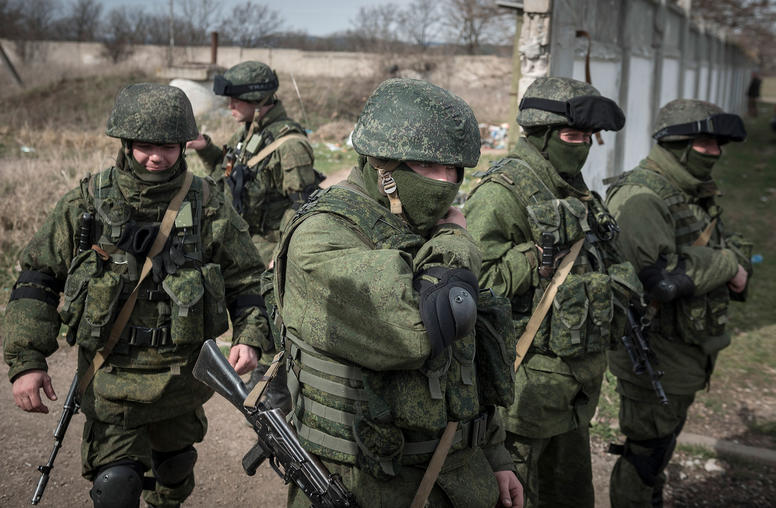
It’s Time to Stand Up to Russia’s Aggression in Ukraine
Five years ago, Russia rolled into Crimea, orchestrated a swift and one-sided referendum, and annexed the Ukrainian territory. The West was blindsided by the attack and slow to provide any response. As a result, Russian President Vladimir Putin launched a second invasion of Ukrainian soil—this one in the country’s east. This attack met stronger resistance, and eventually the West swung into gear to push for a cease-fire and to impose sanctions on Russia. Yet the conflict rumbles on and has killed over 10,300 Ukrainians so far.

What’s Behind Bangladesh’s Student Protests?
Bangladesh’s streets have again erupted with political violence. In early July, a university student protest began over Bangladesh's job quota system that disproportionately benefits the descendants of Bangladesh’s 1971 liberation war fighters, which many students view as unfair and outdated. Early last week, peaceful protests turned violent as police and ruling party supporters violently dispersed crowds. At least a half-dozen people died in early violence, including one man apparently shot by police with his hands raised, while pro- and anti-government students clashed around the country.
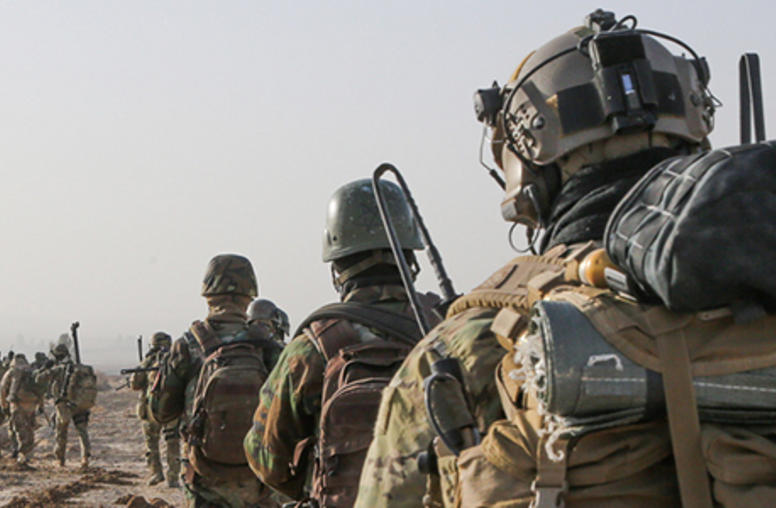
America the Gentle Giant
Vladimir Putin's cynical efforts to annex Crimea and intimidate the fledgling government of Ukraine make it all too clear that naked aggression in world affairs is not a thing of the past. The United States and its allies must respond firmly when such aggression occurs. But there are other perhaps less dramatic instances of resorting to force of arms. These include unresolved disputes between states -- or ethnic, tribal, and religious disputes within states -- that degenerate into armed confl...

Robin Wright on What to Expect from Iran’s New President
The election of reformist candidate Masoud Pezeshkian as Iran’s new president dealt a “stunning blow in many ways to the hardliners,” says USIP’s Robin Wright. However, “the hardliners still have control of the legislature and the judiciary, and they can create havoc for the new president” and his agenda.

Susan Stigant on Sudan’s Civil War and Deepening Humanitarian Crisis
More than a year into Sudan’s civil war, the country is facing the “the world’s worst humanitarian crisis” as international aid struggles to find its way to those in need, says USIP’s Susan Stigant: “At this point, unfortunately, all of the efforts collectively are not meeting the needs” of Sudanese citizens.
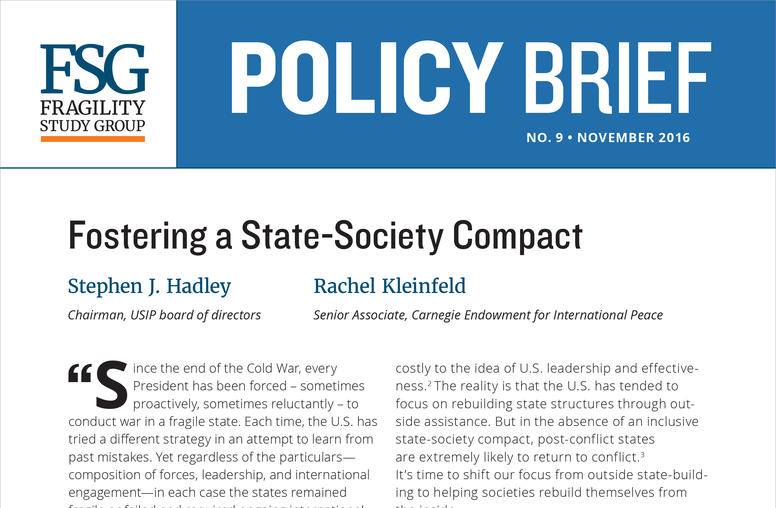
Fostering a State-Society Compact
The Fragility Study Group is an independent, non-partisan, effort of the Carnegie Endowment for International Peace, the Center for a New American Security and the United States Institute of Peace. The chair report of the study group, U.S. Leadership and the Challenge of State Fragility, was released on September 12. This brief is part of a series authored by scholars from the three institutions that build on the chair report to discuss the implications of fragility on existing U.S. tools, st...
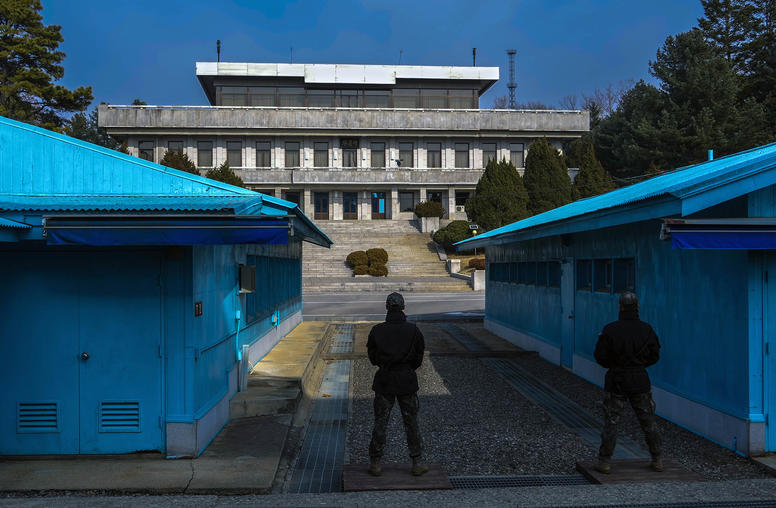
70 Years After the Geneva Conference: Why is the Korean Peninsula No Closer to Peace?
July marks the anniversary of the 1953 armistice agreement that ended the Korean War and the 1954 Geneva Conference, convened to resolve the issues that the war could not. In the seven decades since, efforts to achieve peace on the Korean Peninsula have been limited and flawed. Today, the security situation in the region is arguably more precarious than ever, with a nuclear armed-North Korea and dysfunctional great power relations. Recent foreign policy shifts in North Korea do not augur well for peace in the near term. Thus, even moving the needle toward peace will likely require Washington to undertake bold initiatives.

Robin Wright on Raisi’s Death and What It Means for Iran
With the death of President Ebrahim Raisi, the Iranian regime has reached “a critical turning point.” And with just two weeks until the vote to replace him, it’s important to pay attention to “not only who wins the new presidency, but how many Iranians actually participate in the process,” says USIP’s Robin Wright.